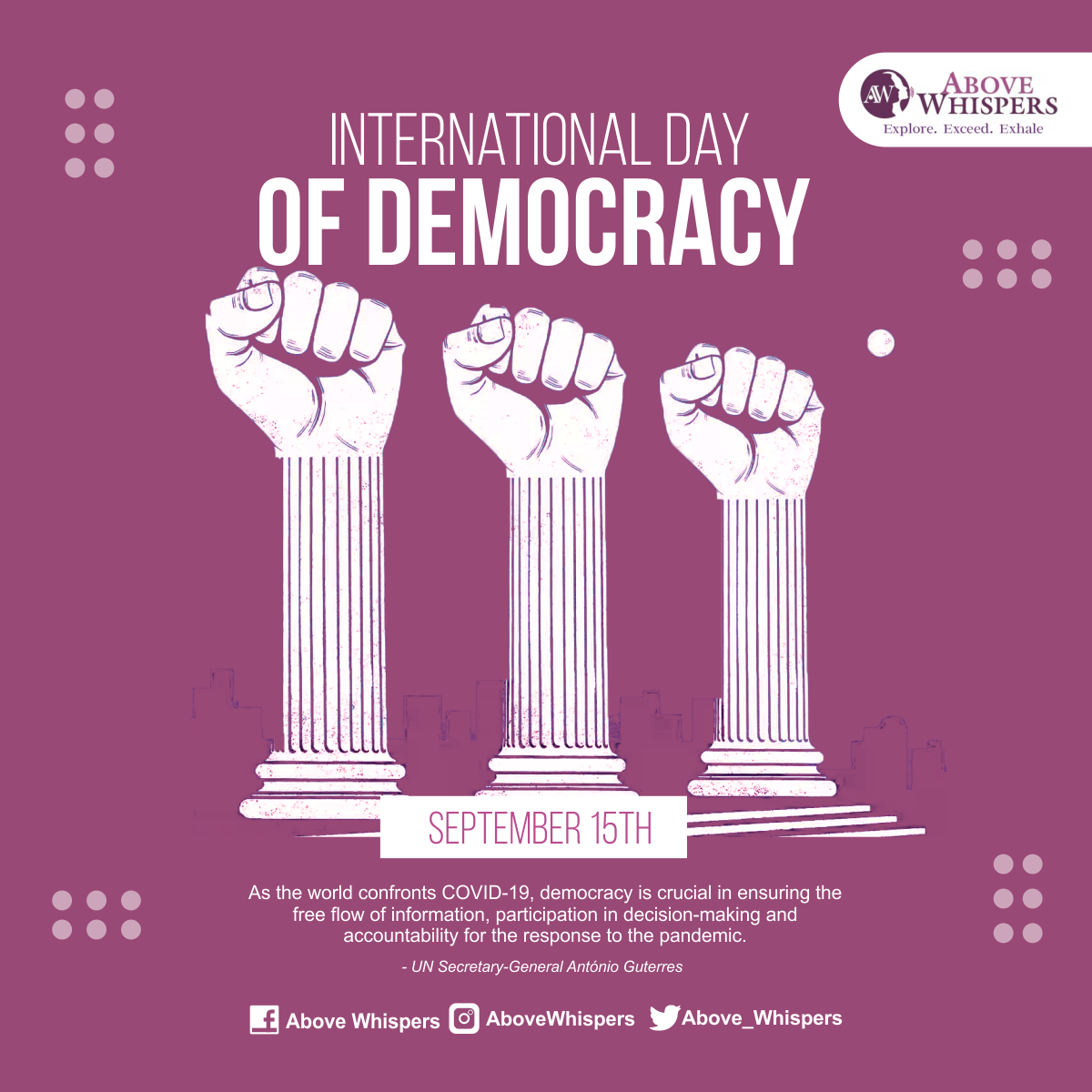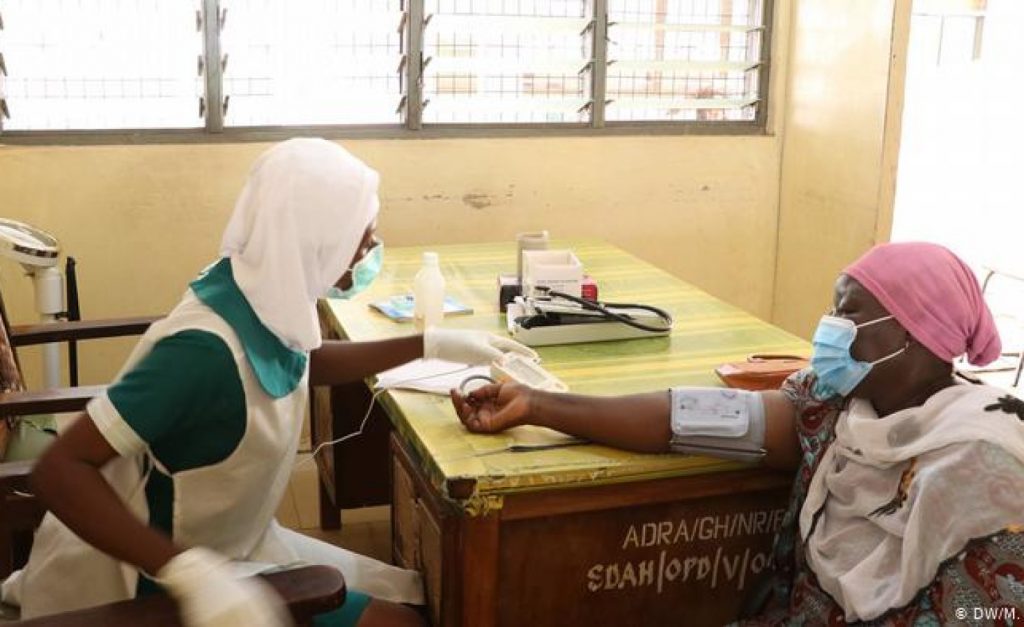The unprecedented COVID-19 crisis has resulted in major social, political and legal challenges globally. As states around the world adopt emergency measures to address the crisis, it is critical that they continue to uphold the rule of law, protect and respect international standards and basic principles of legality, and the right to access justice, remedies and due process.

UN Secretary-General António Guterres has urged governments to be transparent, responsive and accountable in their COVID-19 response and ensure that any emergency measures are legal, proportionate, necessary and non-discriminatory. “The best response is one that responds proportionately to immediate threats while protecting human rights and the rule of law,” he said.
The Secretary-General’s policy brief says states must respect and protect, among other rights, freedom of expression and of the press, freedom of information, freedom of association and of assembly. Concerns in many countries in the context of COVID-19 include:
- Measures to control the flow of information and crackdown on freedom of expression and press freedom against an existing background of shrinking civic space.
- Arrest, detention, prosecution or persecution of political opponents, journalists, doctors and healthcare workers, activists and others for allegedly spreading “fake news”.
- Aggressive cyber-policing and increased online surveillance.
- Postponement of elections is raising serious constitutional issues in some cases and may lead to rising tensions.
The crisis raises the question of how best to counter harmful speech while protecting freedom of expression. Sweeping efforts to eliminate misinformation or disinformation can result in purposeful or unintentional censorship, which undermines trust. The most effective response is accurate, clear and evidence-based information from sources people trust.
Around the world, civil society organizations have answered the UN’s call to action to address and counteract the wide range of ways the Covid-19 crisis may impair democracy and increase authoritarianism, by:
- developing media literacy and digital safety, more critical than ever as activism is forced online, so as to address the risk of suppression, interference and closing of civic space;
- fighting misinformation, disinformation and hate speech, which have mushroomed in the crisis;
- training journalists remotely to report on the impact of the pandemic with in-depth, fact-checked coverage, while staying safe on the front line;
- empowering women against gender-based violence, which has surged amid Covid-19 lockdowns, quarantines, and social and economic pressures;
- helping to highlight the challenges of inequality and weak service delivery made worse by the crisis, with a specific focus on the needs and rights of women, youth, minorities and other marginalized populations, so as to help hold governments to account.

